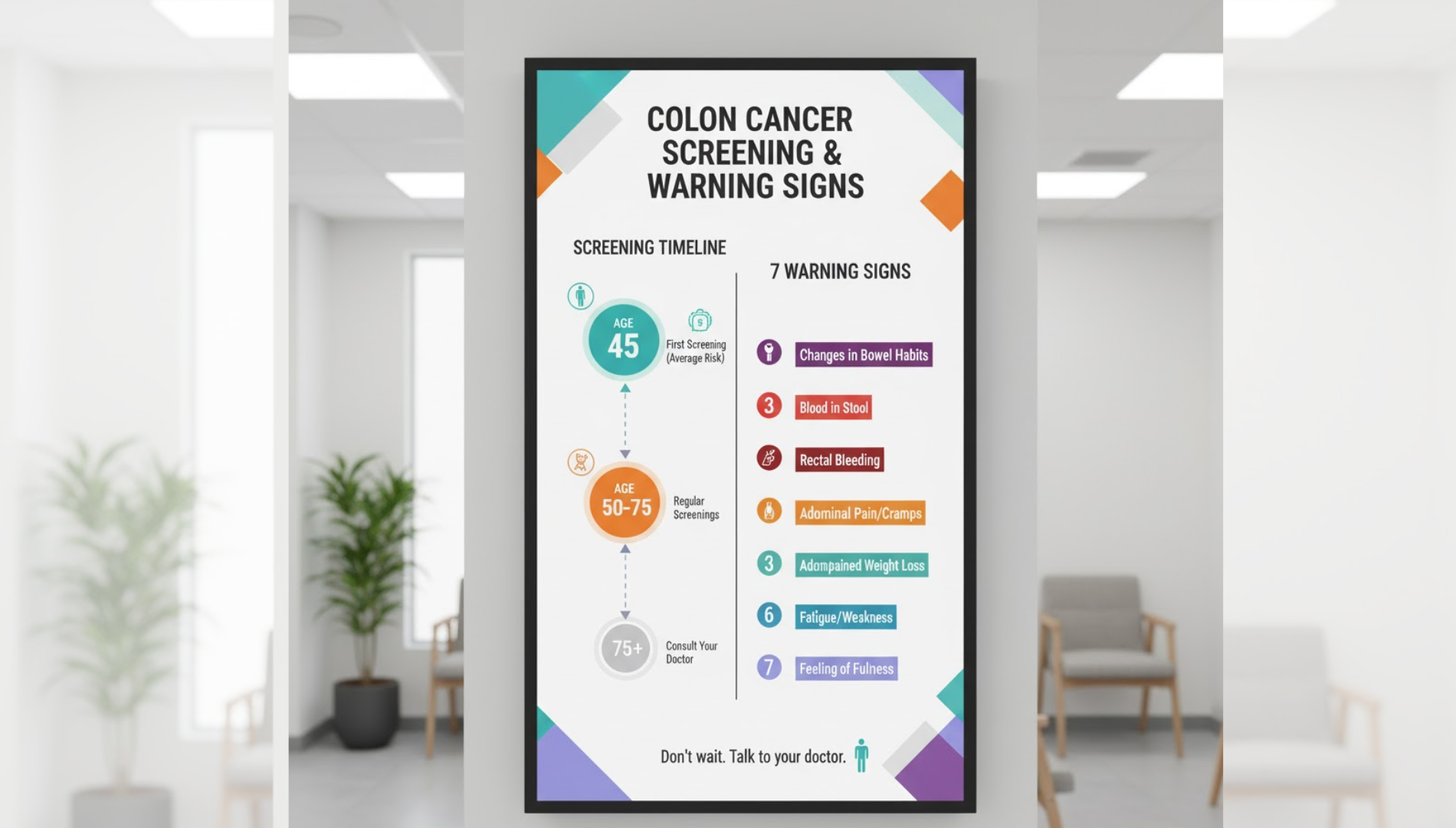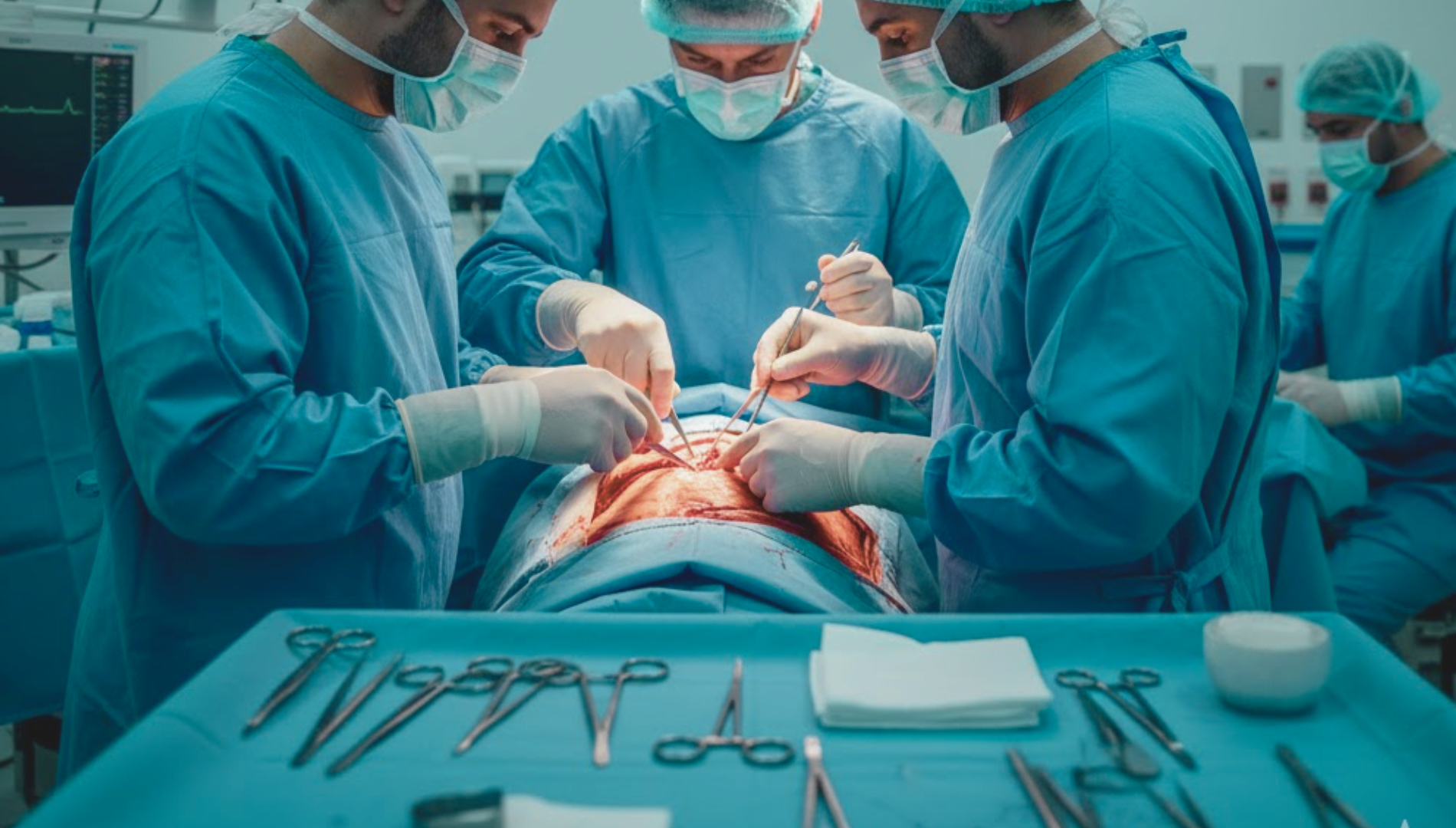Signs You May Need Hernia Surgery

Many people ignore a small bulge or mild pain in their abdomen, assuming it’s harmless. In reality, these could be early signs of a hernia, a condition that occurs when tissue or part of an organ pushes through a weak spot in the muscle wall. While not all hernias are dangerous, some can lead to serious complications if left untreated.
Knowing when to seek help is important. Hernia symptoms can worsen over time, and early evaluation can prevent more invasive surgery later. The good news is that hernia repair is one of the most common and successful procedures today.
If you live in Arizona, consulting a trusted surgeon Phoenix can give you clarity about your symptoms, treatment options, and recovery expectations. Early care makes all the difference in preventing long-term discomfort and maintaining your health.
What Is a Hernia?
A hernia happens when tissue, fat, or part of an organ pushes through a weak area in your muscle or connective tissue. It can cause a visible bulge or a dull ache that worsens with activity. The most common types include inguinal (groin), umbilical (belly button), incisional (from past surgery), and hiatal (upper stomach).
While some hernias are mild at first, they don’t go away on their own. Over time, they may grow larger or more painful. Seeing a surgeon in Phoenix early helps confirm the type and severity of your hernia before it leads to complications.
Common Causes of Hernias
Hernias can affect anyone, but certain activities and conditions make them more likely. Common causes include:
- Heavy lifting or frequent straining
- Chronic coughing or sneezing
- Obesity or significant weight gain
- Pregnancy
- Weak abdominal muscles from aging or surgery
- Family history of hernias
Lifestyle changes like staying at a healthy weight, quitting smoking, and exercising your core can help prevent hernias from worsening. However, if you already have one, only surgery performed by a skilled surgeon Phoenix team can permanently fix it.
Early Signs You May Have a Hernia
You might first notice a small lump under your skin, often near your belly button or groin. It may flatten out when you lie down but return when you stand or strain.
Other early signs include:
- Pressure or heaviness in your abdomen
- Mild pain when lifting or bending
- A feeling that something is “pulling” inside your stomach
At this stage, hernias are easier to treat. If you’re unsure whether your symptoms require surgery, schedule an exam with a surgeon in Phoenix who can provide a proper diagnosis and discuss treatment options.
How Do I Know If My Hernia Needs Surgery?
You may need hernia surgery if:
- The bulge becomes larger or more painful
- You experience nausea or vomiting
- You can’t push the lump back in
- The hernia causes constant discomfort during daily activities
These are signs that the hernia is becoming more serious or “trapped.” Left untreated, it can block blood flow to part of your intestine. The best way to know for sure is by consulting a surgeon Phoenix specialist who can evaluate your symptoms.
Many clinics offer free consultations or quotes so you can understand costs and treatment options before deciding.
When Pain Becomes a Warning Sign
Persistent or sharp pain is your body’s way of telling you the hernia may be worsening. Pain that increases when you move, lift, or cough could mean the tissue is under strain.
According to the Mayo Clinic, sudden pain, vomiting, or nausea may signal a strangulated hernia, a medical emergency that requires immediate surgery.
If you notice these symptoms, contact a surgeon in Phoenix right away for evaluation and care.
Are There Warning Signs That a Hernia Is Getting Worse?
Yes. Hernias can worsen slowly, but certain symptoms mean it’s time to act.
- The bulge grows larger or becomes firm
- You feel more pain, especially when standing or coughing
- Swelling or redness appears near the affected area
- You start experiencing constipation or bloating
If you notice any of these changes, it’s important to see a surgeon Phoenix provider soon. Early treatment often means a simpler procedure and faster recovery.
Other Symptoms That May Indicate a Need for Surgery
While pain and swelling are the most common signs, others include:
- Nausea or vomiting
- Difficulty passing stool or gas
- Tenderness or warmth around the lump
- Feeling pressure or burning near the bulge
These symptoms suggest the hernia is trapped or cutting off circulation. Do not ignore them, consult a surgeon in Phoenix as soon as possible.
Can an Inguinal Hernia Cause Heartburn?
An inguinal hernia affects the lower abdomen or groin and typically doesn’t cause heartburn. However, a hiatal hernia, which occurs when the upper part of the stomach pushes through the diaphragm, can cause acid reflux and burning in the chest.
If you experience both a bulge and frequent heartburn, discuss your symptoms with your surgeon Phoenix specialist. They can identify which type of hernia you have and the best treatment approach.
Can I Get a Colonoscopy If I Have a Hernia?
In most cases, yes. A colonoscopy can safely be performed even if you have a small or stable hernia. Your doctor will review your specific case to ensure it’s safe.
If your hernia is large or painful, your surgeon in Phoenix may recommend repair before the procedure to prevent discomfort or complications. Always disclose any existing conditions to your provider so they can plan accordingly.
When to See a Doctor About a Hernia
You should see a doctor if your hernia causes ongoing discomfort, gets bigger, or affects your daily routine. Waiting too long can increase the chance of needing emergency surgery.
Schedule an appointment with a surgeon Phoenix professional who can evaluate your symptoms and help you decide the best course of action. Clinics like Copper Mountain Surgical also let you get quotes before treatment, giving you a clear understanding of what to expect.
How a Surgeon Diagnoses a Hernia
Diagnosis starts with a simple physical exam. Your doctor may ask you to stand, cough, or strain slightly to make the hernia more visible.
For internal or less obvious hernias, imaging tests such as ultrasound, CT scans, or MRIs may be used. Once the type and severity are identified, your surgeon in Phoenix will recommend the most effective treatment plan.
Surgical Options for Hernia Repair
There are two main surgical methods for repairing hernias:
- Open Repair: The surgeon makes a small incision, moves tissue back into place, and reinforces the muscle wall with stitches or mesh.
- Laparoscopic or Robotic Surgery: Minimally invasive techniques that use smaller cuts and a camera for precise repair and faster recovery.
At Copper Mountain Surgical, you’ll meet a qualified surgeon Phoenix team that uses advanced tools and gentle techniques to ensure safety and comfort.
Recovery After Hernia Surgery
Most patients recover quickly after hernia surgery. Light activity can usually resume in one to two weeks, with full recovery in four to six weeks.
Tips for smooth recovery:
- Avoid heavy lifting until cleared by your doctor
- Eat fiber-rich foods to prevent constipation
- Stay hydrated and follow your surgeon’s care plan
Your surgeon Phoenix will schedule follow-up visits to check healing progress and answer any questions.
Can a Hernia Heal Without Surgery?
Unfortunately, hernias do not heal on their own. While support belts or rest can ease symptoms, they don’t fix the underlying issue. Over time, the hernia can become larger and more painful.
The only permanent solution is surgery, which has a high success rate and offers long-term relief. Discuss options with a trusted surgeon in Phoenix to decide the right time for repair.
Preventing Future Hernias
After recovery, you can reduce the risk of another hernia by:
- Maintaining a healthy weight
- Strengthening core muscles safely
- Avoiding smoking, which weakens muscle tissue
- Using proper form when lifting heavy objects
Regular checkups with your surgeon Phoenix specialist ensure your abdominal health stays strong.
Conclusion
A hernia might start as a small bulge or mild pain, but it can quickly become a serious problem if ignored. Recognizing the signs early and talking with a qualified doctor is the best way to protect your health. Modern hernia surgery is safe, effective, and offers lasting relief for most patients.
If you’re unsure whether your symptoms mean you need treatment, don’t wait for the pain to get worse. Scheduling a consultation with an experienced surgeon in Phoenix can help you get answers and peace of mind.
Contact Copper Mountain Surgical today to meet a trusted surgeon Phoenix. Their caring team will evaluate your condition, provide a clear explanation of options, and guide you through a personalized treatment plan that fits your needs and lifestyle.




